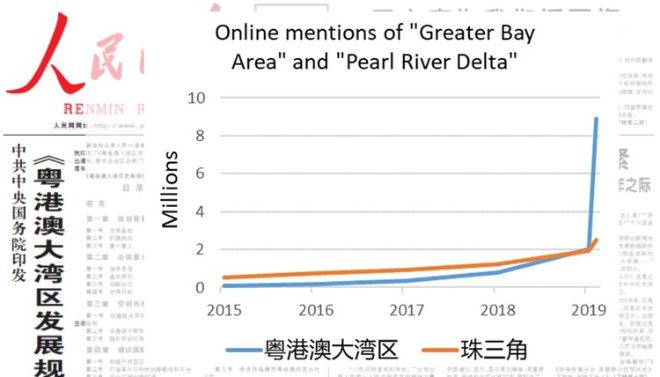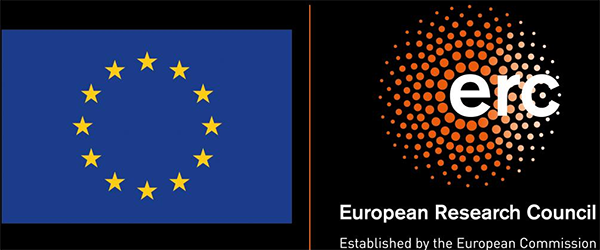Right before the summit commenced, the internet blew up. A Chinese scientist claimed that he had created the world’s first gene-edited children. Twins, no less. The scientist, He Jiankui from Southern University of Science and Technology in Shenzhen, would present his finding at the summit in Hong Kong.
As a former bureaucrat in the Norwegian Ministry of Education and Research, I imagined the frantic backroom discussions before the opening of the Summit. I watched the opening webcast this morning. The strategy seemed to be to continue as if nothing had happened. Hon. Carrie Lam, Chief Executive of HK SAR, kicked off the conference by promising research investments and collaborations with the Mainland of unprecedented scale and ambition. Leaders of the Academy of Sciences of Hong Kong, The Royal Society, and the U.S. National Academy of Medicine followed up with polite remarks.
Joy Zhang has written compellingly about the tension between what she terms “post-hoc pragmatism” in STEM in the PRC and the need to adhere to regulatory procedures to gain international recognition. Many Chinese researchers want to get rid of an image of the “Wild East,” where there are no ethical boundaries placed on research. This is not confined to the hard sciences: Anthropologists, for example, have called for institutionalized ethical reviews.
While Professor He proudly presented his results on YouTube, many of his Chinese colleagues were furious. A letter co-signed by more than 100 Chinese scientists reads: “We can only use the word “insane” (疯狂) to describe the experiment conducted directly on human beings.”
The Chinese authorities seem to run with the “crazy scientist”-explanation, denying knowledge about the experiment. This may do more harm than good to the frustrated Chinese researchers — it gives the impression that they operate in an institutional vacuum when it comes to ethics.
The example illustrates how institutions can be matchmakers or deal breakers. Unless there are institutional third parties that independently guarantee ethical standards when Chinese and foreign researchers work together, collaboration may be impossible. Again, this challenge is not confined to STEM: With the introduction of GDPR and no equivalent regulation in China (yet), European social scientists can’t hand over data with personal information to colleagues in China.
UPDATE: He Jiankui’s institution SUSTech denies any involvement with the experiment. (I’ll stop updating now, 1:30 pm HK time).
Heidi Østbø Haugen, Guangzhou 27 November 2018.





